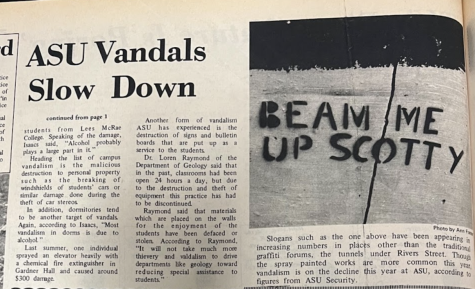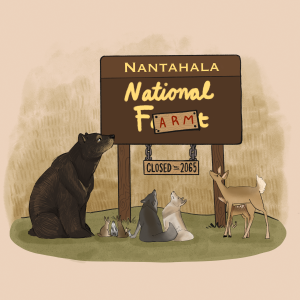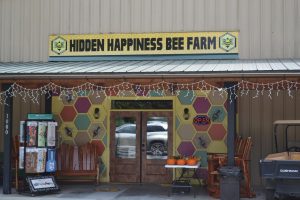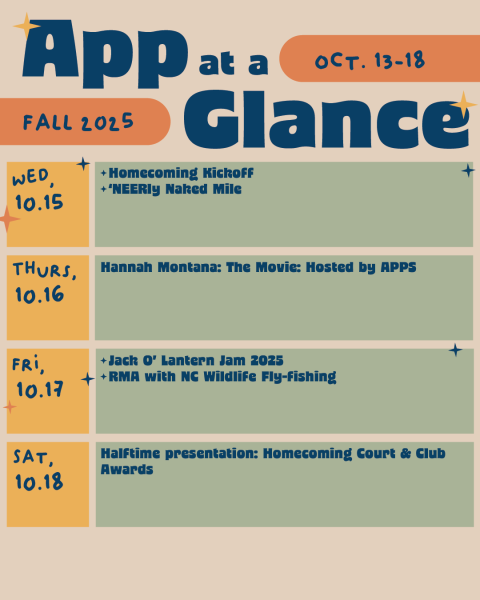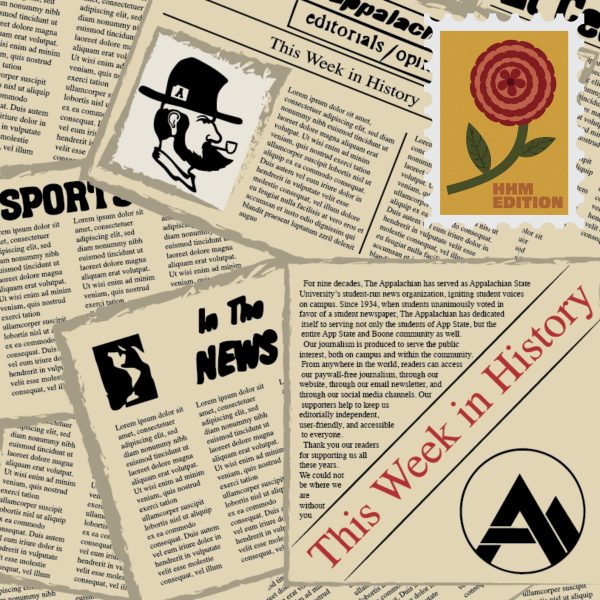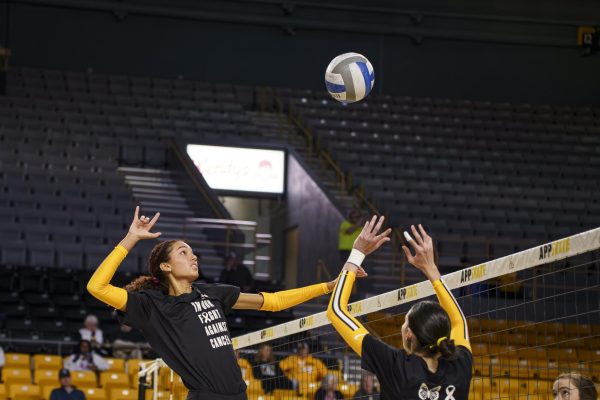This Week in History: Campus vandalism decreases
October 24, 2022
Lydia Jacobson curated this story written by Ed Woodall in which The Appalachian published Oct. 28, 1980.
Unless you have been walking around campus with your eyes closed, you have probably noticed multi-colored slogans painted on the sidewalks everywhere. These signs ranging from statements like “think God” to slanderous statements about the crewmembers of Star Trek’s “Enterprise” are only a part of ASU’s problem with vandalism. 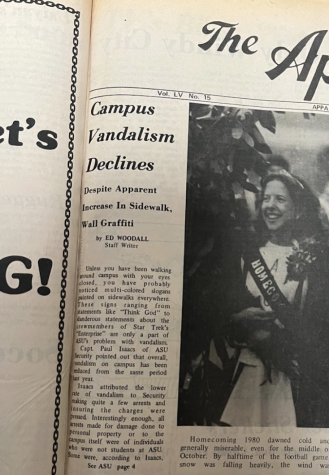
Capt. Paul Isaacs of ASU Security pointed out that overall, vandalism on campus has been reduced from the same period last year.
Isaacs attributed the lower rate of vandalism to Security making quite a few arrests and ensuring the charges were pressed. Interestingly enough, all arrests made for damage done to personal property or to the campus itself were of individuals who were not students at ASU. Some were, according to Isaacs, students from Lees McRae College. Speaking of the damage, Isaacs said, “Alcohol probably plays a large part in it.”
Heading the list of campus vandalism is the malicious destruction to personal property such as the breaking of windshield of students’ cars or similar damage done during the theft of car stereos. In addition, dormitories tend to be another target of vandals. Again, according to Isaacs, “Most vandalism in dorms is due to alcohol.”
Last summer, one individual sprayed an elevator heavily with a chemical fire extinguisher in Gardner Hall and caused around $300 damage.
Another form of vandalism ASU has experienced is the destruction of signs and bulletin boards that are put up as a service to the students.
Dr. Loren Raymond of the department of geology said that in the past classrooms had been open 24 hours a day, but due to the destruction and theft of equipment this practice has had to be discontinued.
Raymond said that materials which are placed on the walls for the enjoyment of the students have been defaced or stolen. According to Raymond, “It will not take much more thievery and vandalism to drive departments like geology toward reducing special assistance to students.”